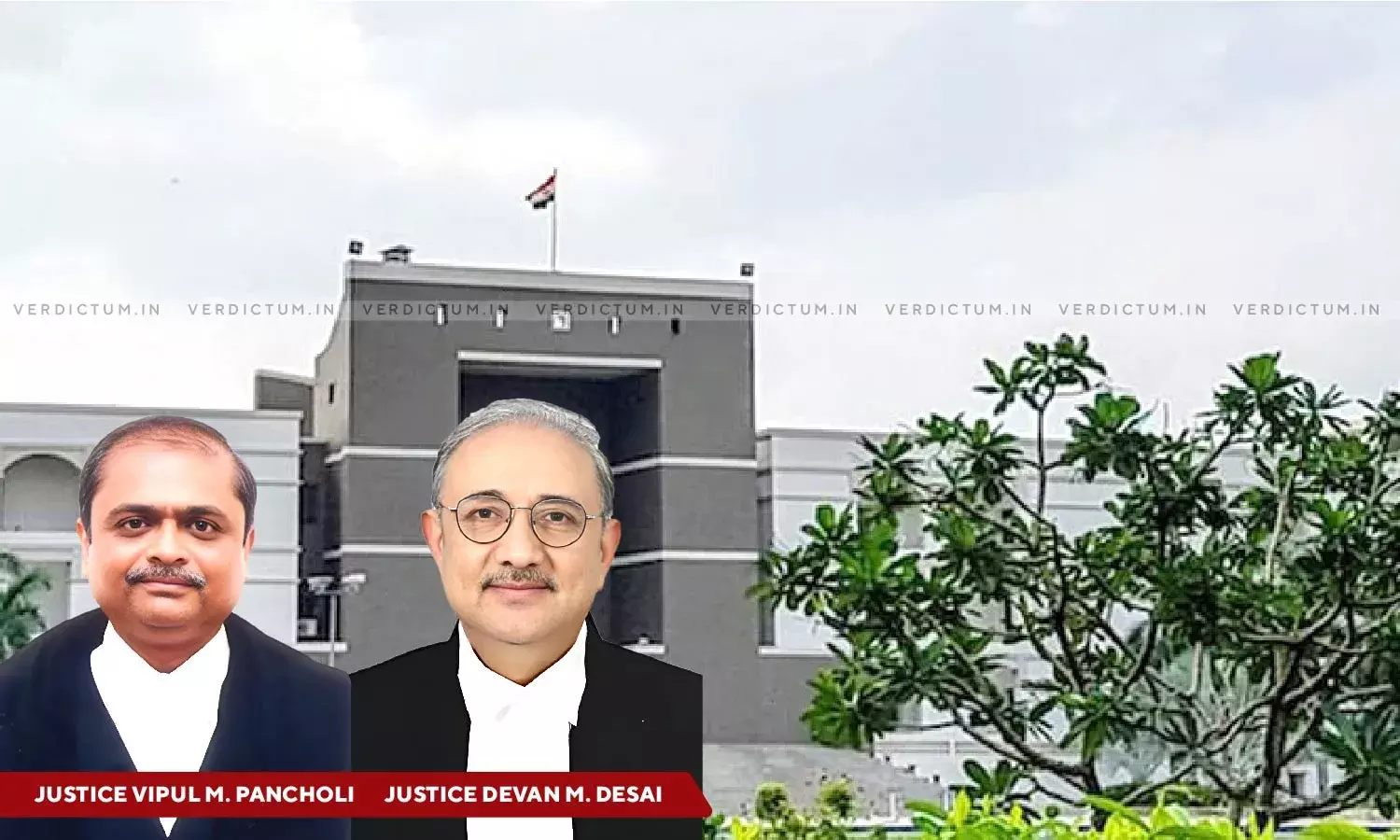Mistaken Payment Of Duties On Exempted Goods Does Not Render Goods Liable To Duty Under IGST Act: Reiterates Gujarat HC
In a favourable ruling for Tagros Chemicals India (petitioner), the Gujarat High Court directed the authorities to refund the excess IGST amount of Rs. 23,09,100 along with applicable interest.
Referring to the decision of Apex Court in the case of Bonanzo Engineering & Chemical Pvt. Ltd. v. Commissioner of Central Excise [2012 (4) SCC 771], the Division Bench comprising of Justice Vipul M. Pancholi and Justice Devan M. Desai reiterated that if an assessee mistakenly pays duties on goods that were exempted from payment, it does not make the goods liable for duty under the IGST Act.
Advocate Dhaval Shah appeared for the Petitioner, whereas Advocate Priyank P Lodha appeared for the Respondent.
The brief facts of the case were that the petitioner had received a purchase order from a registered exporter, Quality Biz Chem India Pvt. Ltd., Mumbai, to supply goods at the concessional rate of IGST at 0.1%. This concessional rate was in accordance with Notification No. 41/2017 - Integrated Tax (Rate) dated Oct 23, 2017, as they intended to export the goods. However, due to an error, the petitioner mistakenly paid the full duty of IGST at the rate of 18% instead of the concessional rate of 0.1% as mentioned in the notification. Thereafter, the petitioner filed a refund claim. The Assistant Commissioner did not accept the explanation provided by the petitioner regarding their refund claim for the excess IGST amount and confirmed their proposal mentioned in the show cause notice.
After considering the submission, the Bench observed that as per Notification No. 41/2017 - Integrated Tax (Rate), the duty was imposed on the registered recipient to export the goods within 90 days from the date of the tax invoice issued by the registered supplier.
In the case at hand, the Bench also found that the petitioner had submitted an invoice dated and subsequently, the buyer, Quality Biz Chem India, Mumbai, exported the goods.
Thus, the Bench observed that the condition specified in the second clause of the notification was fulfilled.
Placing reliance on the decision of Share Medical Care v. Union of India [(2007) 4 SCC 573], the Bench observed that even if an applicant does not initially claim benefits under a specific notification, they are not precluded, prohibited, or estopped from claiming such benefits at a later stage.
Accordingly, the High Court quashed the order issued by the authority and directed a refund to the petitioner.
Cause Title: Tagros Chemicals India v. Union of India [Neutral Citation: 2023: GUJHC: 37264-DB]
Click here to read/download the Judgment




